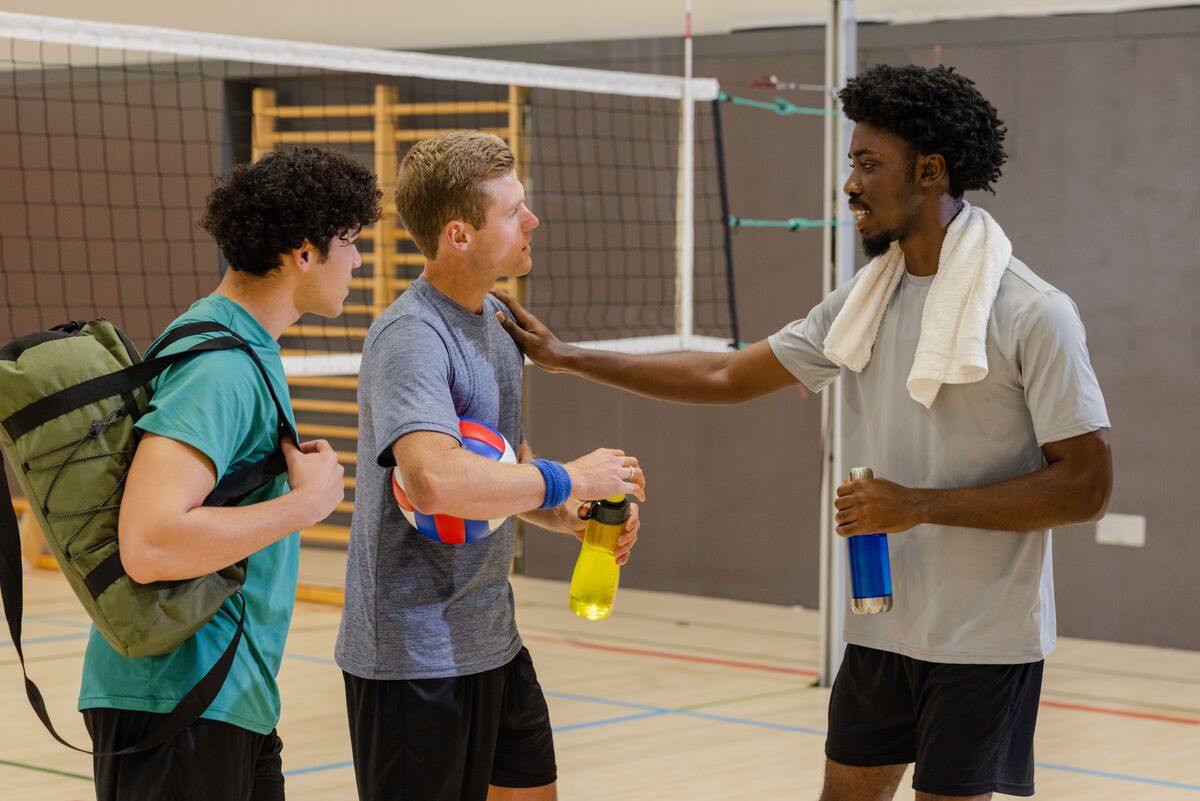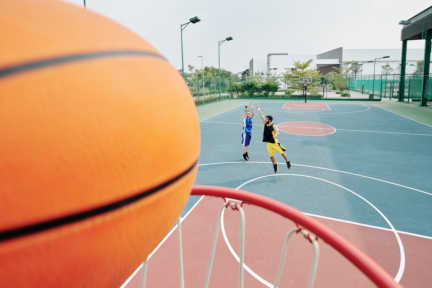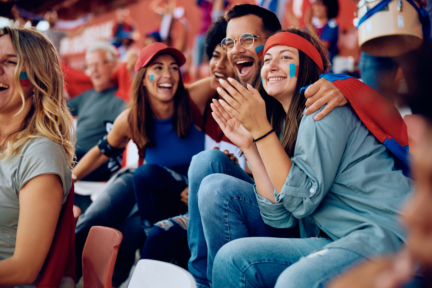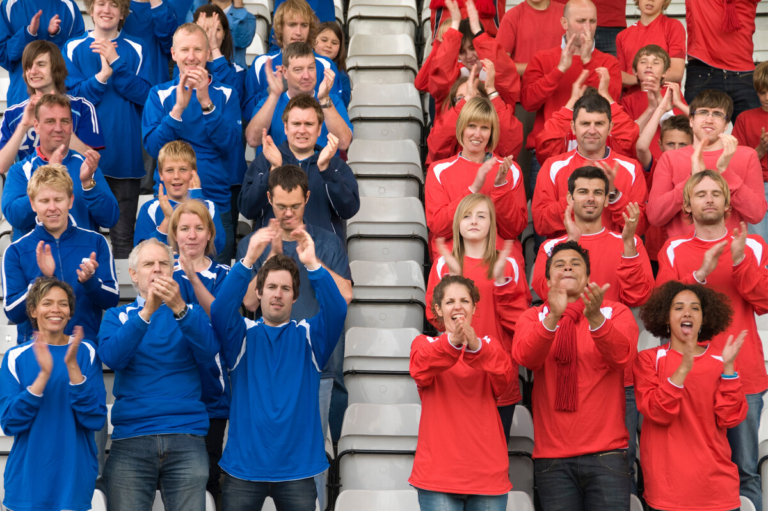There has been quite a bit of confusion concerning the plight of international student-athletes since the NCAA’s Name, Image, and Likeness allowances became legal in 2021. U.S. student-athletes can pocket NIL money for endorsements, autograph sessions, apparel sales, the launching of clothing lines, and more. NIL Top Success
But because the U.S. Department of State considers NIL activities the same as work, things are much more complicated for international student-athletes and the schools they compete for.
Schools have mostly played it safe. They typically implement straightforward policies and educational programs to ensure their student-athletes don’t inadvertently violate their visa statuses — a misstep that could cost them their visas and even lead to deportation.
Many schools have Designated School Officials (DSOs) who have authority from the Department of Homeland Security to monitor typical F-1 non-immigrant student visas and guide student-athletes along the way. They have the authorization to terminate a visa if they believe a violation has occurred. This helps keep NCAA punishments for violations against the school at bay.
Compliance officers, athletics directors, and coaches are trained by schools to understand immigration laws and NIL rules, and they regularly relay this to their student-athletes. NIL Power Players Women
Why F-1 Visa Rules Limit NIL Participation
U.S. immigration laws do not allow most NIL activities by international student-athletes on F-1 visas. The rules are also a bit unclear, which makes universities even more cautious.
To maintain F-1 status, international student-athletes must:
- Be enrolled full-time (generally 12 credit hours per semester)
- Follow strict work restrictions
F-1 students are eligible for only four types of paid work:
- On-campus employment
- Off-campus employment for economic hardship (requires approval)
- Curricular Practical Training (CPT)
- Optional Practical Training (OPT)
Work is limited to 20 hours per week while school is in session, and off-campus employment is only available to international student-athletes who have completed a full academic year in their program and receive DHS approval.
Work authorization under F-1 is generally limited to or tied to their programs of study. They can work while still in school or during a post-graduate internship. Sometimes they can score an emergency work authorization for paid on-campus employment, like working in a computer lab.
Other Visa Options for NIL Work
But there are two other types of visas international student-athletes can utilize if they meet the qualifications. These options are much safer for international student-athletes and for the schools helping to oversee compliance. Northwestern Shippensburg Tufts Field Hockey Titles
P-1 Visa — Professional Athlete Visa
The P-1 is for student-athletes who have achieved an internationally recognized level of achievement. This may include:
- Playing for national teams at the junior or youth level
- Holding an international ranking
- Getting a letter of support from an international sport federation
O-1 Visa — Extraordinary Ability Visa
The O-1 is for student-athletes who have reached the very top of their sport and can prove “extraordinary ability” or “sustained national or international acclaim.” They must provide extensive documentation showing this. NIL Privacy Risks
How International Student-Athletes Can Earn NIL Money Without Violating F-1 Rules
Despite the strict F-1 limitations, there are lawful ways international student-athletes can participate in NIL without engaging in prohibited U.S.-based employment. These are commonly recognized by DSOs, immigration attorneys, and university compliance teams.
RallyFuel supports these pathways with tools that help athletes stay compliant while still building their personal brands.
1. Create Social Content Outside the United States
U.S. immigration rules only apply to work performed inside the United States.
Athletes can legally:
- Film NIL content while at home overseas
- Record social media posts abroad during school breaks
- Produce Cameo-style videos outside the U.S.
RallyFuel helps: Time-stamped, geo-verified uploads show content was created abroad.
2. Complete NIL Deals Entirely in Their Home Country
If deliverables are performed overseas, the income is considered foreign-sourced, not U.S. employment.
This can happen during:
- Summer break
- Winter break
- Off-season trips home
- International competitions
RallyFuel helps: The platform organizes deliverables and tracks that the work was performed outside the U.S.
3. Earn Non-Work Income
Some revenue is not considered employment, such as:
- Royalties
- Passive income from overseas content
- Foreign-sourced payments
These do not violate F-1 restrictions when structured properly.
RallyFuel helps: The system separates passive/non-work income from deliverable-based income for compliance review. NIL Rules For International
4. Non-Work Bonuses and Awards
F-1 rules prohibit “employment,” but they do not prohibit:
- Performance bonuses
- Fan-engagement-based rewards
- Awards not tied to labor
RallyFuel helps: RallyFuel’s CNER model ties rewards to engagement metrics and athletic performance — not labor.
5. Educational Stipends and Allowances
Some payments related to a student-athlete’s educational experience are permitted.
RallyFuel helps: Stipend documentation tools keep everything aligned with institutional policies.
6. Brand Shoots and Campaigns Filmed Abroad
Brands can shoot:
- Commercials
- Social campaigns
- Photo/video content
entirely outside the U.S.
This allows full NIL participation without violating immigration restrictions.
RallyFuel helps: Deliverable logs confirm activity occurred outside U.S. borders.
Final Takeaway
International student-athletes face far more limitations than U.S. athletes when it comes to NIL, but there are viable, legal pathways to participate. The key is ensuring all activity complies with immigration rules and does not constitute U.S.-based employment.
RallyFuel empowers international athletes, schools, and brands with tools that support transparency, documentation, and responsible NIL participation.
Disclaimer
This article provides general information about NIL opportunities for international student-athletes and is not legal advice. Visa and immigration rules are complex and subject to change. International student-athletes should consult their school’s Designated School Official (DSO) and a qualified immigration attorney before participating in any NIL activities. NIL Women S Basketball Empowering Female Athletes
Learn More About the NIL Landscape
Name, Image, and Likeness plays an increasing role in college sports, and understanding how it works often requires more than individual articles or news updates.
RallyFuel is a platform focused on NIL-related topics across college athletics. It brings together information about athletes, NIL activity, and the broader structure behind modern college sports, helping readers explore the topic in more depth.






Leave a Comment